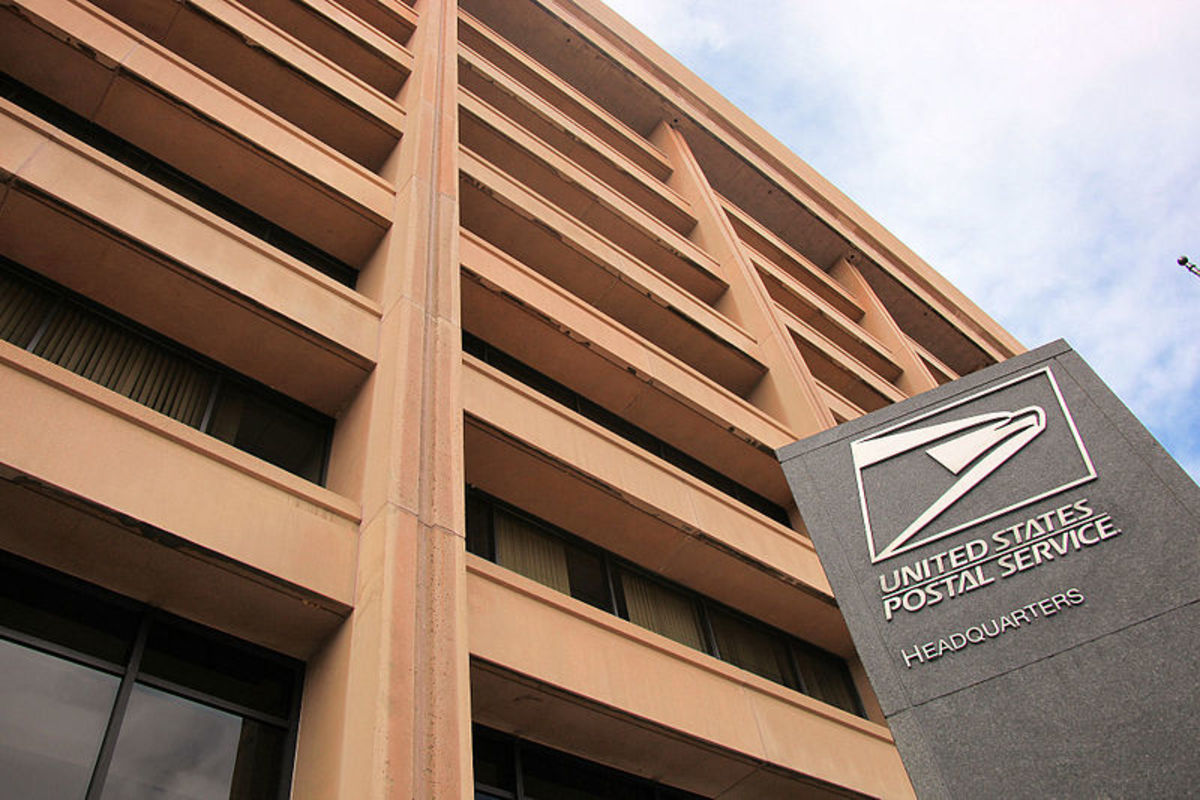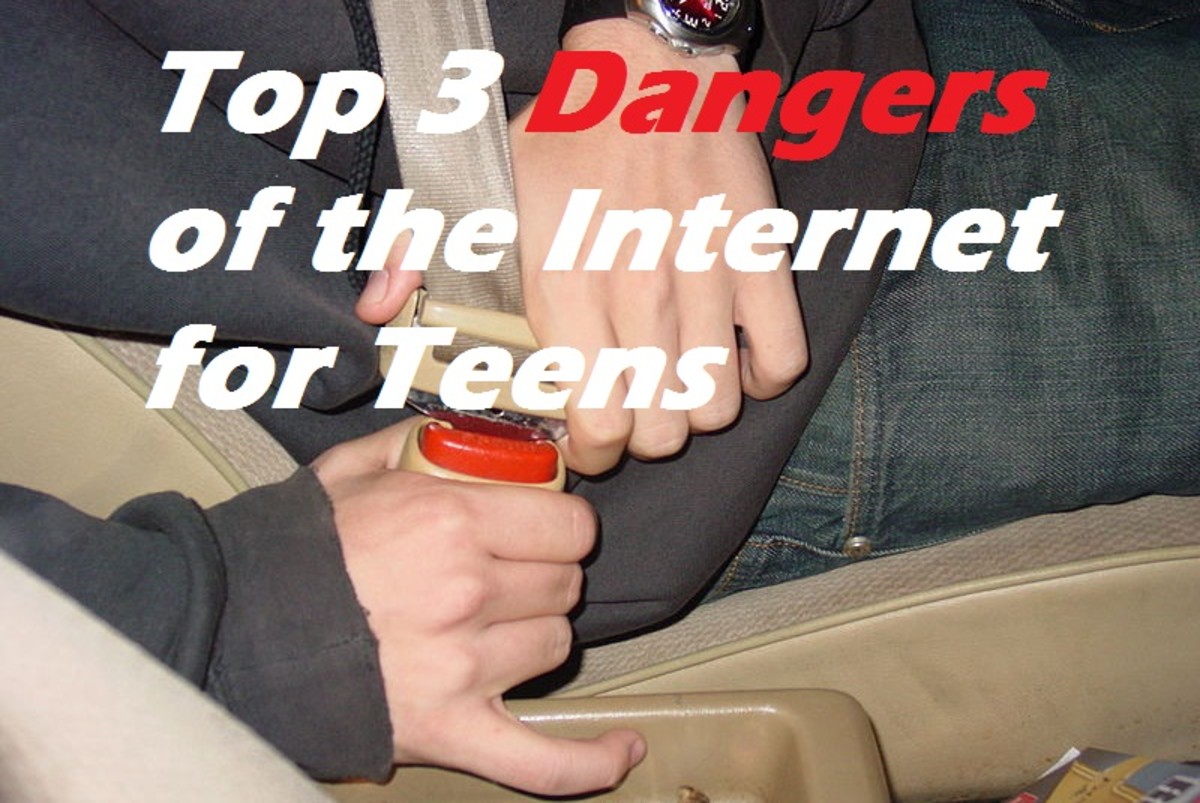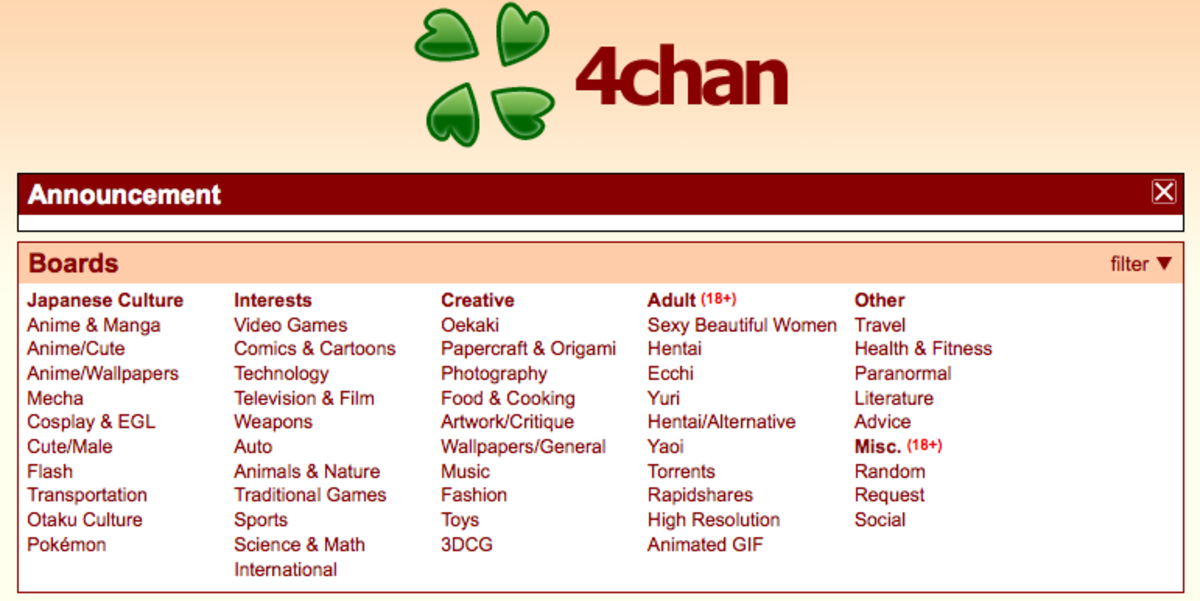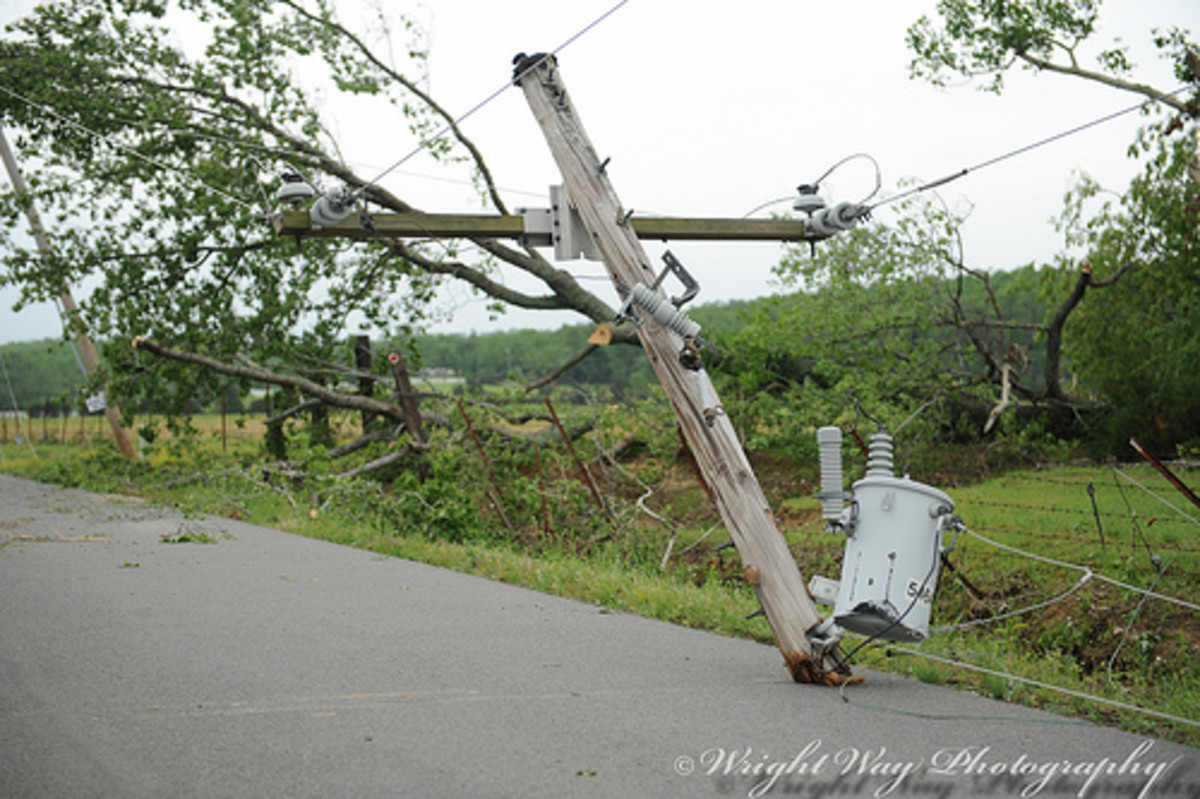The Dark Side of the Internet
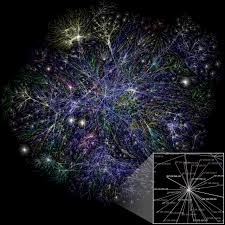
What is the Dark Side of the Internet?
The dark side of the internet refers to areas in the web unknown to or never accessed by regular users. There is a wide variety of activities, some of them illegal, that go on in this realm. Sometimes the activities emerge in the open to shock regular users. The internet is the playground for hackers, money launderers, sadists, drug traffickers and terrorists. Some of them do not want their activities to be known and thus they operate in a clandestine way. Others do not care whether their antisocial activities are accessed. It is akin to the black market of the web. Cyber security authorities the world over, have been trying time and again, to monitor the activities in the dark internet with varying degrees of success and failure.
How the Internet’s Dark Side Came into Existence
The Abandoned Junk
Most of the dark side of the internet is made of what can only be referred to as internet debris or junkyard. There are old abandoned websites, email addresses, and so on, that are no longer in use for one reason or other. Among them is an old US military site that was since dumped for newer technology. Ordinary search engines cannot find these sites and addresses since they are no longer in use. They are far too many for the search engines to find all of them, and the data they contain is too much. As the years go by, the debris grows.
Some of this junk has proved to be useful to individuals carrying out illegal activities. The Russian Business Network, an online brotherhood of crooks, has been known to pick some of these unused addresses, launch spam from them and then abandon them again. The source of the spam can then not be traced. In other cases, individuals send spam loaded with viruses just for the fun of it.
It is believed that one of the abandoned US military sites has now been rebuilt into a fully fledged illegal business bazaar known as Silk Road, which is discussed later in this paper. The operations of such groups in this wasteland are similar to people wading in a junkyard, looking for whatever is useful that they can retrieve.
The Freenet
However, there are other sites that are deliberately created to operate as free internet. These can be traced back to Ian Clarke. While he was a student of artificial intelligence and computer science at the Edinburg University, Clarke created what he called the Distributed, Decentralized, Information Storage and Retrieval System. It was a new way of enabling people to use the internet without being detected. The innovation did not impress his professors much and they gave him only a ‘B’ for it. Later known as Freenet, it enabled people to open and operate websites without paying a dime. Their operations would be found or not found by search engines, as they wished.
To date so many individuals have downloaded the freely available Freenet, and carried out many undercover activities. Those who do not wish their identities to be discovered, have enabled maximum protection which is an option offered by the software. This option is usually available to persons who believe they would be arrested for the activities they intended to carry out on the sites. Such activities include child pornography and terrorism operations.
Other rogue computer programmers have also come up with similar avenues through which clandestine or socially unacceptable activities are carried out. Some of them have fairly mild content, while others exhibit extreme ideologies that are harmful especially to children. Among the milder sites are those which ask children to list the teachers they do not like, the more extreme ones even teach people how to commit murder and other felonies.
Generally, the sites offer avenues for people to carry out business while hiding their identities. As a result they can carry out various types of antisocial activities without fear of being discovered and exposed. This gives them the confidence of continuing with their activities without any fear.
The US Military TOR Dark Internet
The US military, which played a great role in the original creation of the internet, has kept its own secrete communication lines on the web. The Onion Router (TOR) is one such line that allows users who wish to remain anonymous, to created sites that will not be detected. It operates like a more rational version of Freenet. However it is operated by both the military and private organizations that believe in free internet access. So it is used by secret service agents who have no wish to leave a trail as they keep online surveillance on other sites. At the same time it is shared by the harshest critics of the military, the pro free internet operatives. It is through such organizations that private individuals get to open sites on TOR.
Crime in the Dark Internet
Drug Trafficking
In July 2013 The Independent of the UK reported about Silk Road, an internet based criminal bazaar specializing in drug trafficking, gun running, money laundering and general sales of contraband goods. The business was faceless and amorphous as it did not have a physical address. It was a complete business all the same, since there were all the elements: advertisement, sale, delivery and even after sales advice. The advertising for it was done normally through the social networking sites. Coded language, like that used by street vendors, came in really handy in the advertising, with the other people on the internet not getting any wiser.
Before long, it was a multimillion pound company that delivered crack to tens of thousands of consumers. The delivery was done in the form of mail, with the drug packed a vacuum capsule so it could not be sniffed out by dogs. The site could be accessed by anyone using the internet, but one had to understand the language. As for the authorities, they had no one to arrest as they didn’t know anyone’s identity. There was no street gang with guns as was typical of street drug barons.
In fact the business only attracted attention because a rival company, Atlantis, came up to register a similar business online, trying to cash into Silk Road customers. That was when authorities realized that it was a booming business. Investigations are still ongoing on these businesses.
Cyber-crime in the Dark Internet
Hackers have over the years accessed crucial information on credit cards and defrauded a lot of people. They practice what has come to be known as identity theft. The access information such as social security numbers, dates of birth and even maiden names of one’s mother. Once they have this information, they sell it on an underground market in the internet. The information is then used to take over a person’s identity and steal all their cash, while misusing their credit cards as well.
In 2013 a group of Russian and Ukrainian cyber criminals accessed confidential information from Target, Experian and Neiman Marcus. The security breaches resulted in loss of millions belonging to clients, before it was brought under control. The criminals accessed this information by duping clients into giving them some initial information, which they used as an entry point for hacking the targeted sites. After that, they accessed information about many other people kept in the sites. It was a complete bloodless robbery.
Dark Internet Money Laundering
Illegal transfer of large sums of money takes place in the internet on a daily basis. Cash belonging to criminal gangs, tax evaders, terrorists and drug traffickers is sent in millions, without the surveillance of authorities. Just like there is legitimate money transfer online, so is there black market money transfer, unknown to many. Such business online is carried out in bitcoins, which is form of virtual currency, that is gaining wide acceptance. It is a real business as buying and selling goes on. However, since the currency is not controlled by any particular jurisdiction, it is difficult to monitor the flow of legitimate and fraudulent money. In other words actual business is done using bitcoins, but so is fraud. Terrorism money may also be finding its way to its destination through this means.
Dark Internet Free Downloads
In 2007, The Pirate Bay, a Swedish file-sharing website, enabled people to download music and films free of charge. Since then, such downloads have spurned out of control. This has caused a lot of disquiet among musicians and their producers, as well as the film makers. Nevertheless, the piracy goes on unabated as other similar sites have also joined into the bandwagon of free downloads.
The Future of the Dark Net
Security concerns worldwide are going to make it more difficult for the dark net to survive. There are many legitimate businesses going on online, and the constant hacking from the unknown is becoming increasingly unwelcome. Moreover, with internet service providers generating big money from the services they offer, having a rival offering free services will no longer be acceptable to them.
The fear of terrorism has also forced governments to look afresh at this online darkness. Lurking in that darkness could be individuals readily organizing another 9/11 like attack somewhere in the world, and going totally undetected. In real sense, not everyone who uses Freenet for instance has bad intentions. Bad the good will likely perish with the bad when authorities turn their wrath on such sites.
There will be more pressure on the anonymous sites as their identities are probed even more. According to cyber security authorities in the US, the end is near for users of Freenet and other similar networks. It is possible to trace any site on the internet and where it was last operated from. That way, people can be found even if there is nothing on the net to show who they are. Moreover, the security they enjoy due to the tones of junk to hide in, may soon not work too well for them. If crooks can find the sites they want in that junk, so can the authorities if they look hard enough.
Deeper Search Engines Expose the Dark Internet
What has kept the dark internet safe so far is the sheer volume of data down there. The huge volumes involved makes it impossible for search engines to handle everything, even if they could find it. However, search engines are now being made to handle huger volumes of data and thus be able to search deeper into the rabble. It will not be long before most of the hidden sites can be found. At the search engine makers Kosmix, they are confident that soon their engines will find paths to the currently hidden internet underworld. Such success would mean the ultimate exposure of a world that has remained secret to many so far. It would also mean the slow end of the clandestine activities that go on there, at least in their present forms.
Nevertheless, it is ironic that as more scrutiny is being brought on the internet, the desire to be more secretive is also increasing. More people for instance do not wish to expose too much personal information on social sites anymore. There are all these usernames rather than real names. There is also increasing hiding of other personal data.
The Dark Internet May Be Around for Very Long
It will be quite some time before we see the end of the dark side of the internet, if that will happen at all. The reason for this is that so much has been allowed to accumulate there. Moreover, the dumping continues daily as all those abandoned email addresses continue to pile up. Nevertheless, one cannot overrule that search engines will soon dig through this data and pick out the sites that are still active there. When that happens, then the criminals of the cyber world will be left with less room to operate. At the same time, those who are accessing free internet services may have to start digging deep into their pockets like everyone else. It will be both a good and bad thing. Good in the sense that the runaway misuse of the internet will be brought under control; bad in the sense that the dreams people like Ian Clarke had, to offer people free internet services, may finally die.


